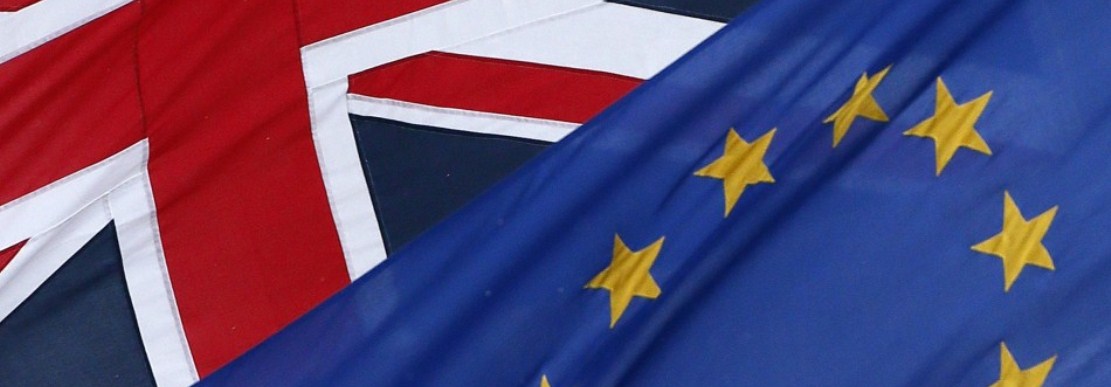By Harriet Finlayson, GEC intern, 3rd year Politics and IR student, University of Kent
A contentious issue in the Brexit trade talks was fishing, despite it only making up a small part of the economy in Europe it carries big political weight. Fishing also made up a key part of the Leave campaign who argued that Brexit would mean an opportunity to regain control over the UK’s waters, making fishing a crucial component of the Brexit trade talks.
This has come to a head in recent weeks with tension over fishing rights between France and Jersey. Despite Jersey never being part of the European Union (as it is not part of the UK), Brexit has disrupted previous agreements it had with France. Jersey has Crown Dependency so although it has a lot of freedom from Westminster and has day-to-day control over its fishing waters the UK is responsible for Jersey’s international relationships. As a result, the rights to fish in the waters surrounding the Channel Islands are handled in the new UK-EU trade agreement.
The issue stemmed from the new post-Brexit fishing rules, under which 41 licences or permits have been issued to French fishing vessels which allow them to operate in Jersey’s waters. However, these permits have been granted based on the amount of fishing they did in that area between January 2017 and January 2020. This has caused complications among the French fishermen which resulted in 17 out of the 41 boats being given significantly less access to the fishing waters than they were expecting. This is because some boats have been unable to provide comprehensive information on their fishing activities in that area in the past. Jersey has said that licences can be amended.
Further, new conditions have been added to the access agreement, these conditions regard dredging and nesting areas, and Jersey has referred to them as ‘very minor’ conservation measures. However, France does not view it the same way, they state that the new conditions restrict the type of fishing equipment that can be used and further restrict zones in which they can fish. Further adding to the tensions, France states that they were not consulted on these new measures which affect their boats. These new conservation measures come as new research indicated that catching fish by dragging heavy nets across the seafloor emits a similar amount of carbon dioxide globally as the aviation industry. This is due to the seabed sediment, which acts as a carbon sink, being disturbed which releases carbon dioxide.
In retaliation to the new restrictions on fishing, France has threatened to cut off the electricity to Jersey, which receives 98% of its electricity from France, as it is a mere 14 miles away. Under the Brexit deal, the UK and the EU reserve the right to respond with sanctions if any part of the deal is infringed upon, which is why France is threatening to cut off Jersey’s electricity. The European Commission supports France and reaffirms that the UK is not respecting the trade deal. However, the UK says it did notify the European Commission on its new licences, the Commission argues that they were only notified 24 hours before the new rules came into effect.
In response to these new measures and restrictions, 60 French fishing boats protested outside the port of St Helier, Jersey. Two royal navy ships and two French patrol boats were then dispatched to the boats. This is not the first protest by French fishermen, in recent months they blocked the French port of Boulogne, in an attempt to stop imports of fish which were caught by British boats. While the protests have now ended, the dispute over new restriction and fishing rights continues.
Blog posts express the opinion of the author and do not necessarily reflect the view of the Global Europe Centre or its affiliates.

